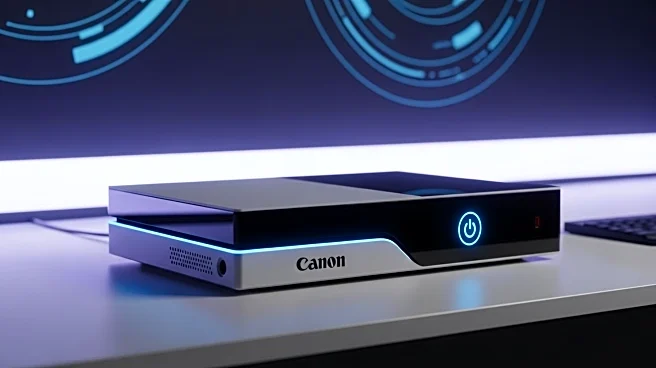What is the story about?
What's Happening?
Nintendo has issued an official statement addressing concerns over generative AI following the release of OpenAI's Sora 2 app, which has generated videos featuring copyrighted characters like Mario and Pikachu. OpenAI CEO Sam Altman described these videos as 'interactive fan fiction' and announced plans to give rights holders more control over character generation. Nintendo denied any involvement with the Japanese government regarding generative AI and emphasized its commitment to protecting its intellectual property rights. The situation has sparked discussions about the legal implications of AI-generated content and the responsibilities of tech companies in managing intellectual property.
Why It's Important?
The controversy highlights the growing tension between technology companies and intellectual property rights holders as AI capabilities expand. Nintendo's response underscores the importance of protecting creative assets in the digital age. The outcome of this situation could set precedents for how AI-generated content is regulated and monetized, impacting industries reliant on intellectual property. Companies like OpenAI must navigate the legal landscape carefully to avoid potential lawsuits and ensure compliance with copyright laws.
What's Next?
OpenAI plans to implement changes that allow rights holders to control the use of their characters in AI-generated content. This move could lead to new business models and revenue-sharing opportunities. The legal community and tech industry will closely watch how these changes unfold, as they may influence future regulations and industry standards. Nintendo and other rights holders will likely continue to monitor and respond to developments in AI technology to safeguard their intellectual property.
Beyond the Headlines
The situation raises ethical questions about the balance between technological innovation and the protection of creative works. As AI continues to evolve, companies must consider the cultural and legal implications of their technologies. The case also highlights the need for clear guidelines and policies to manage the intersection of AI and intellectual property rights, ensuring that creators and rights holders are fairly compensated and protected.















